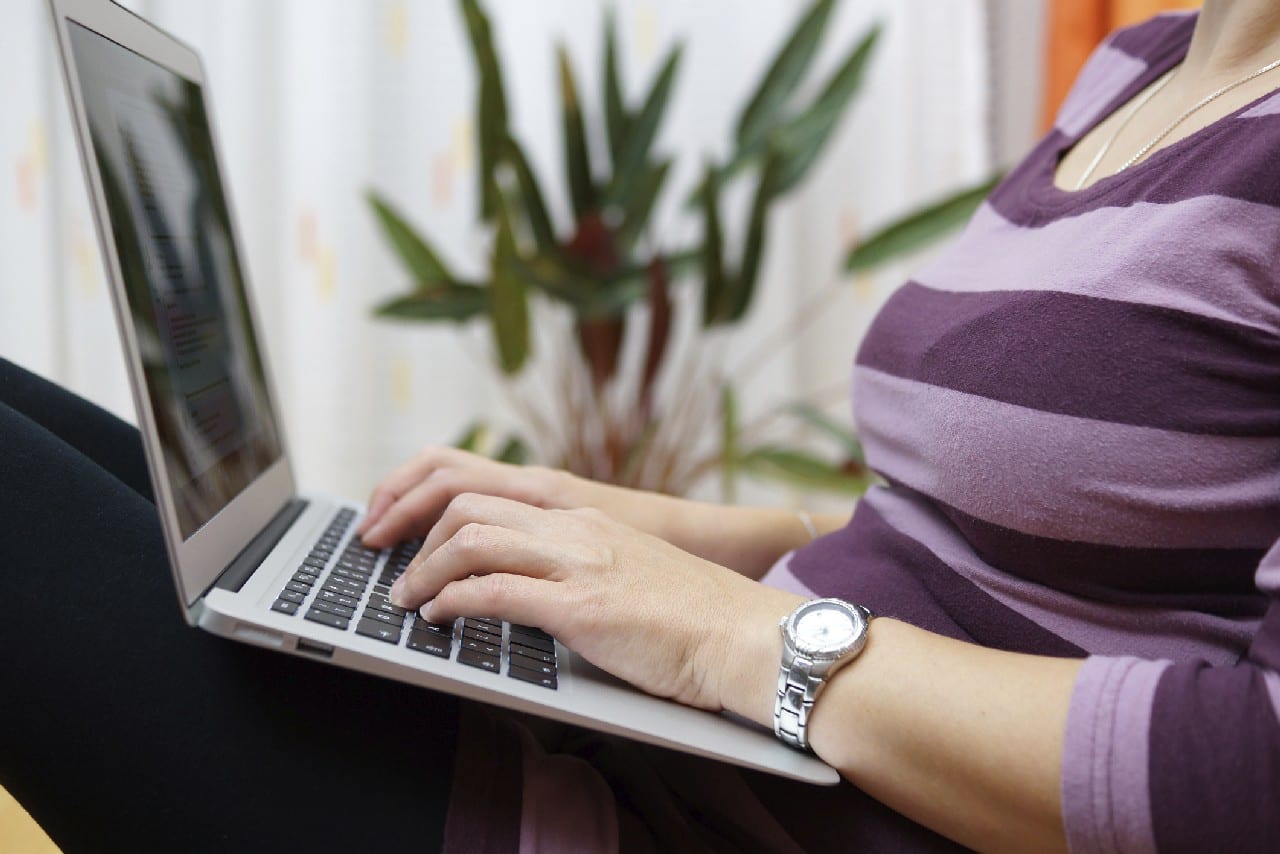There is lots of advice on how to manage your business in the wake of the Covid-19 crisis, but not enough is being said about the potential impact working at home has on your teams mentally.
As potentially millions of people across the country make a sudden switch to working from home full time, we need to think carefully about our teams’ mental well-being.
It might seem quite relaxed at first with no commute, no dress rules and nobody looking over your shoulder eight hours a day. But soon it can become isolating and lonely. Motivation can drop like a stone. Depression can set-in, fast.
It’s not going to be easy to manage this situation — along with keeping productivity up and all the financial issues raised by our current circumstances — but here are a few tips to try and keep you and your teams healthy.
Video Conference
Depending on your solution (Hangouts, Skype, Teams, Zoom, Webex… the list goes on) it can be cheap or even free. And it’s essential.
Get your team(s) together every day, at least once. You need to see people’s faces as well as hear their voices. If you’re already a manager with a high emotional IQ, you’ll soon be able to pick up on body language. If not, is there someone in your team who you trust to help you spot any nascent issues? You need to get them onside and looking out for any tell-tale signs in your team that all is not well.
Start the daily call with social, personal chat. Just like you would in the office before work starts, or in a meeting room as people come in.
Encourage your teams to do more than email or text each other.
Think: In the office, would I have a desk-side chat with this person? If so make it a video conference, not an email.
Make them fun too. Recently, we’ve been doing silly little things like wearing hats on Friday’s calls. I’ve even seen teams getting together in the evening on the video to chat and have a drink together.
Keep the Conversation Going
Back-up the video with other media. Make frequent use of email, text, Slack, WhatsApp, whatever apps you might want to use. Keep the conversation going all day, every day.
We’ve integrated Hangouts with Slack, so it’s really easy to quickly turn a Slack conversation into a Hangout.
We’re used to hundreds (thousands?) of social interactions every day. You’ll never get as many when working from home, so don’t feel you’re over-doing the attention-giving.
Get a Routine
Most of us work to a routine in the office, whether we mean to or not. We arrive at a certain time, we have lunch at a certain time, we leave at a certain time. Ever notice how you meet the same person at the coffee-station in the office most days? You’ve got a routine.
Keep the routine. Don’t start work at the time you’d usually start your commute.
Don’t finish work at the time you’d usually get home.
Get up from your desk with a similar frequency to that which you would do at the office.

Get Moving and Get Outside
It’s easy to get stuck in the house for 8 hours with no fresh air. It’s also really dispiriting to do so. Most of us get some fresh air most days, even if it’s walking from the station to the office or to the supermarket at lunch to get a sandwich.
Encourage your teams to get out of the house at lunchtime. Go for a walk (keeping the recommended distance of 2m apart from other people, of course). Stroll around the block, listen to some music. Get out of the work environment because it’s quickly blurring with your home environment.
Get Dressed
We all joke about doing the video conference in a shirt and pajama bottoms, but dress pretty much as you would for work. You don’t have to wear a suit and tie but don’t end up wearing that Grateful Dead t-shirt with the chicken tikka masala stains every day, either.
Dressing for work makes you feel like you are at work. Wearing pajamas makes you feel like you’re thinking about brunch.
I’m not going to tell you who to look-out for the most but do think about younger people. My team at >Touch are young, sensible digital natives. But remember your first few jobs? When your colleagues were 90% of your personal network? When you take that away, it’s enormously isolating.
Also, many younger people may find themselves living on their own as flatmates migrate back to parents. The isolation grows.
This may not be the toughest part of running your business over the next few months, but it is important for the mental well being of your teams and the future well being of your business.
working from home,walking dog -DepositPhotos


